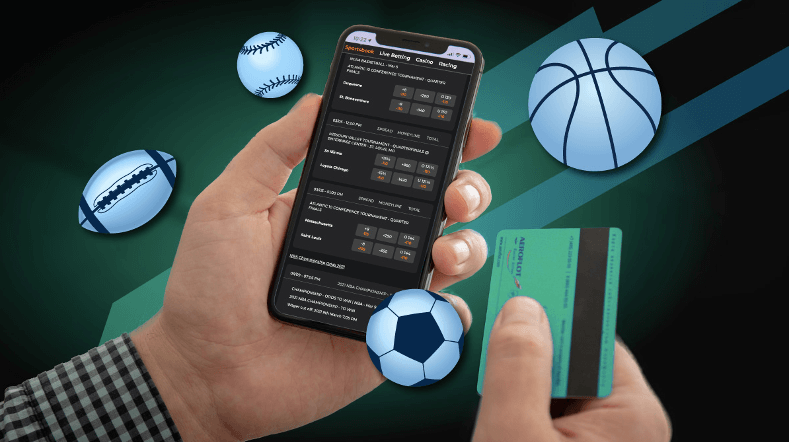
Protecting Your Personal Information on Digital Platforms
In an era where much of our life is conducted online, protecting your personal information on digital platforms has become more crucial than ever. With the rise of social media, e-commerce, and digital communication, the amount of personal data shared online is astonishing. For instance, while placing bets on Protecting Your Personal Information on Casino Apps bet winner, users often unwittingly share sensitive data. However, this article aims to equip you with the knowledge and tools necessary to ensure your information remains secure.
Understanding the Risks
Before we delve into protection strategies, it’s essential to understand the risks associated with exposing your personal information online. Cyber threats such as identity theft, phishing attacks, and data breaches are prevalent. Identity thieves may use your personal information to create accounts in your name, leading to financial loss and long-term damage to your credit history. Phishing attacks often come in the form of emails or messages that appear legitimate, tricking users into revealing sensitive information. Finally, data breaches occur when unauthorized parties gain access to secured information databases, exposing thousands of users’ personal data.
Creating Strong Passwords
One of the simplest yet most effective ways to protect your personal information is by creating strong passwords. A strong password should be at least 12 characters long and comprise a mix of uppercase and lowercase letters, numbers, and special characters. Avoid using easily guessable information, such as birthdays, names, or common words. Consider using a password manager to generate and store complex passwords for your various accounts securely.

Enabling Two-Factor Authentication
Two-factor authentication (2FA) adds an extra layer of security to your online accounts. It requires not only a password but also a second verification step, usually through a mobile device. Many platforms, including email providers and social media, offer 2FA options. Even if a hacker manages to obtain your password, they would still need access to your secondary verification method, making it significantly more challenging to compromise your account.
Be Cautious with Sharing Information
Think before sharing personal information online. Many people unknowingly share their data through social media profiles. Review the privacy settings of your accounts and limit the visibility of your personal information. Avoid oversharing details such as your home address, phone number, and even your daily routine. Cybercriminals often use this information for nefarious purposes, so it’s best to err on the side of caution.
Monitoring Your Online Presence
Regularly monitoring your online presence is a proactive way to protect your personal information. Search for your name, email address, and other identifying information on search engines to see what information about you is publicly available. If you find any discrepancies or unwanted content, take action to remove it. Google also offers a service called Google Alerts, which can notify you whenever your name or relevant keywords are mentioned online.
Using Secure Connections
When accessing the internet, always ensure you are using a secure connection. Avoid public Wi-Fi networks when conducting transactions or sharing sensitive information. If you must use a public network, consider using a Virtual Private Network (VPN) to encrypt your data and mask your IP address, providing an extra layer of security against potential eavesdroppers.

Be Wary of Phishing Scams
Phishing scams are becoming increasingly sophisticated. Always verify the source of any email or message requesting personal information. Check for signs of phishing, such as poor grammar, generic greetings, or suspicious links. When in doubt, contact the organization directly through official channels to confirm the legitimacy of the message before taking any action.
Keeping Software Updated
Keeping your devices and software up to date is crucial for protecting your personal information. Software updates often include security patches that protect against known vulnerabilities. Enable automatic updates when possible, and regularly check for updates to your operating system, applications, and antivirus software.
Educating Yourself About Online Security
Finally, one of the best defenses you have against cyber threats is education. Stay informed about online security practices and current threats. Online courses, workshops, and informative websites can vastly improve your understanding of personal information protection techniques and help you recognize potential risks faster.
Conclusion
In conclusion, protecting your personal information is a vital responsibility in today’s digital landscape. By implementing strong passwords, enabling two-factor authentication, being cautious about information sharing, and continuously monitoring your online presence, you can significantly reduce your risk of falling victim to cyber threats. Remember, the digital world can be a safe space if you take the necessary precautions to safeguard your personal data.
